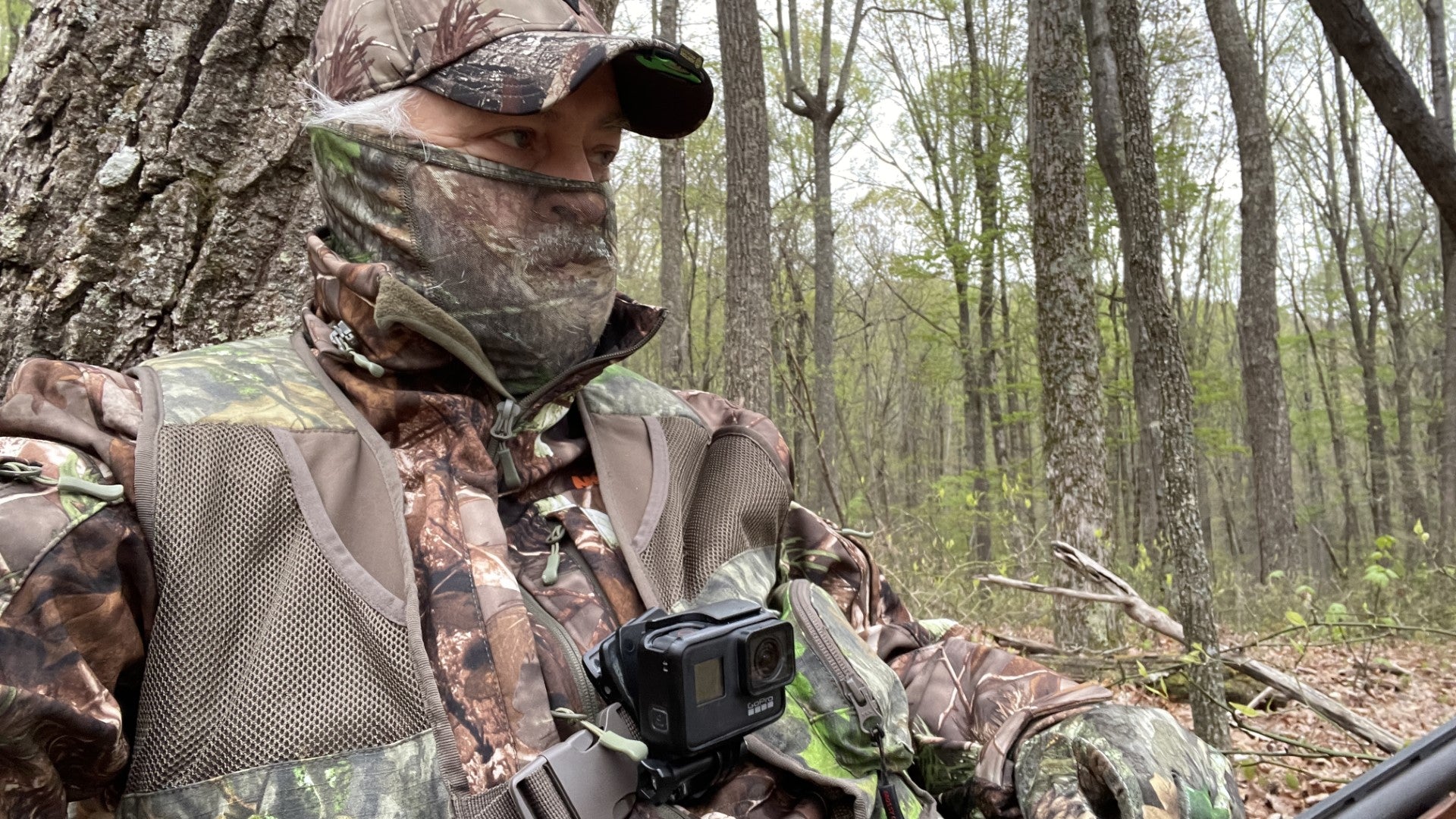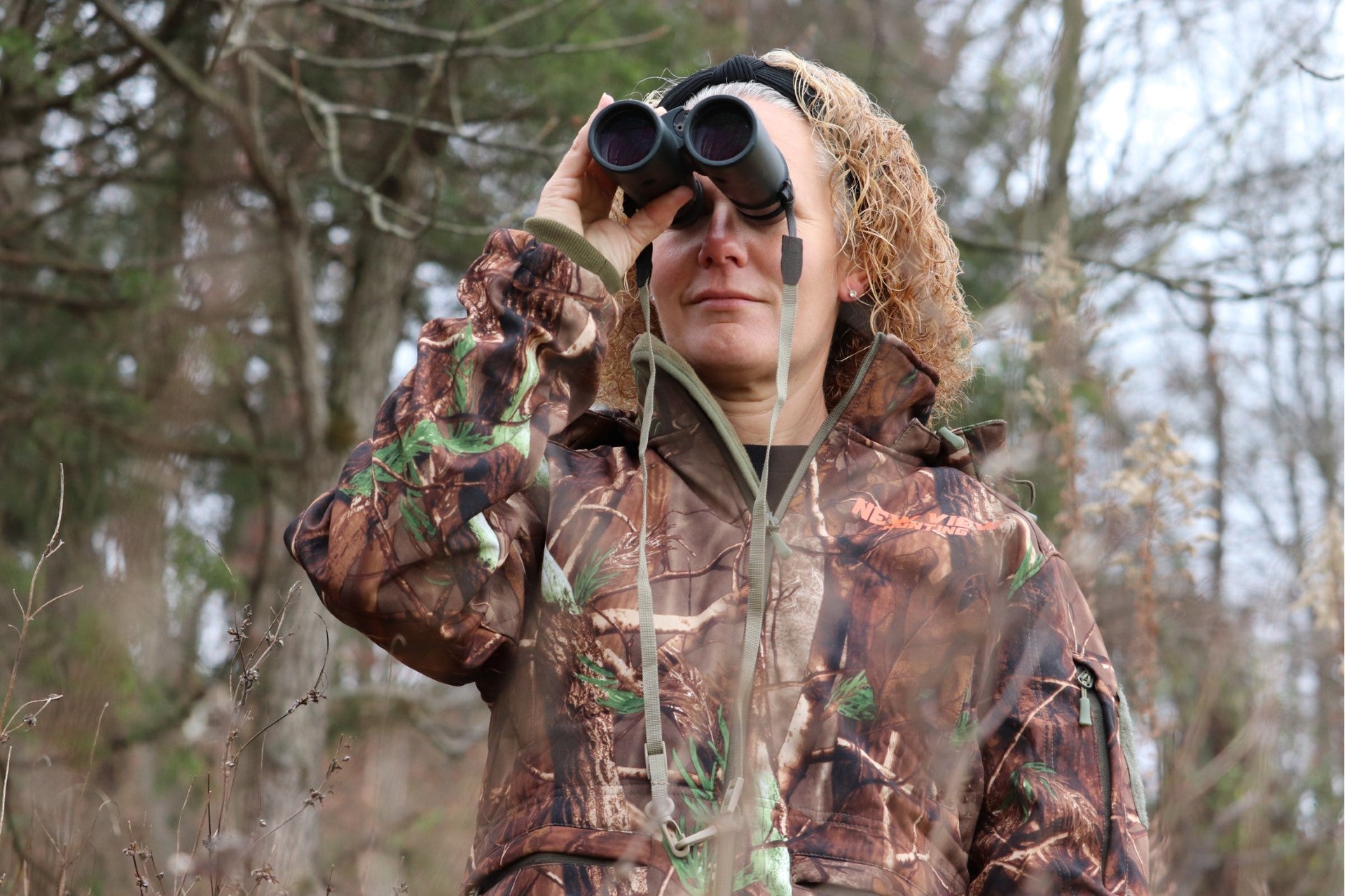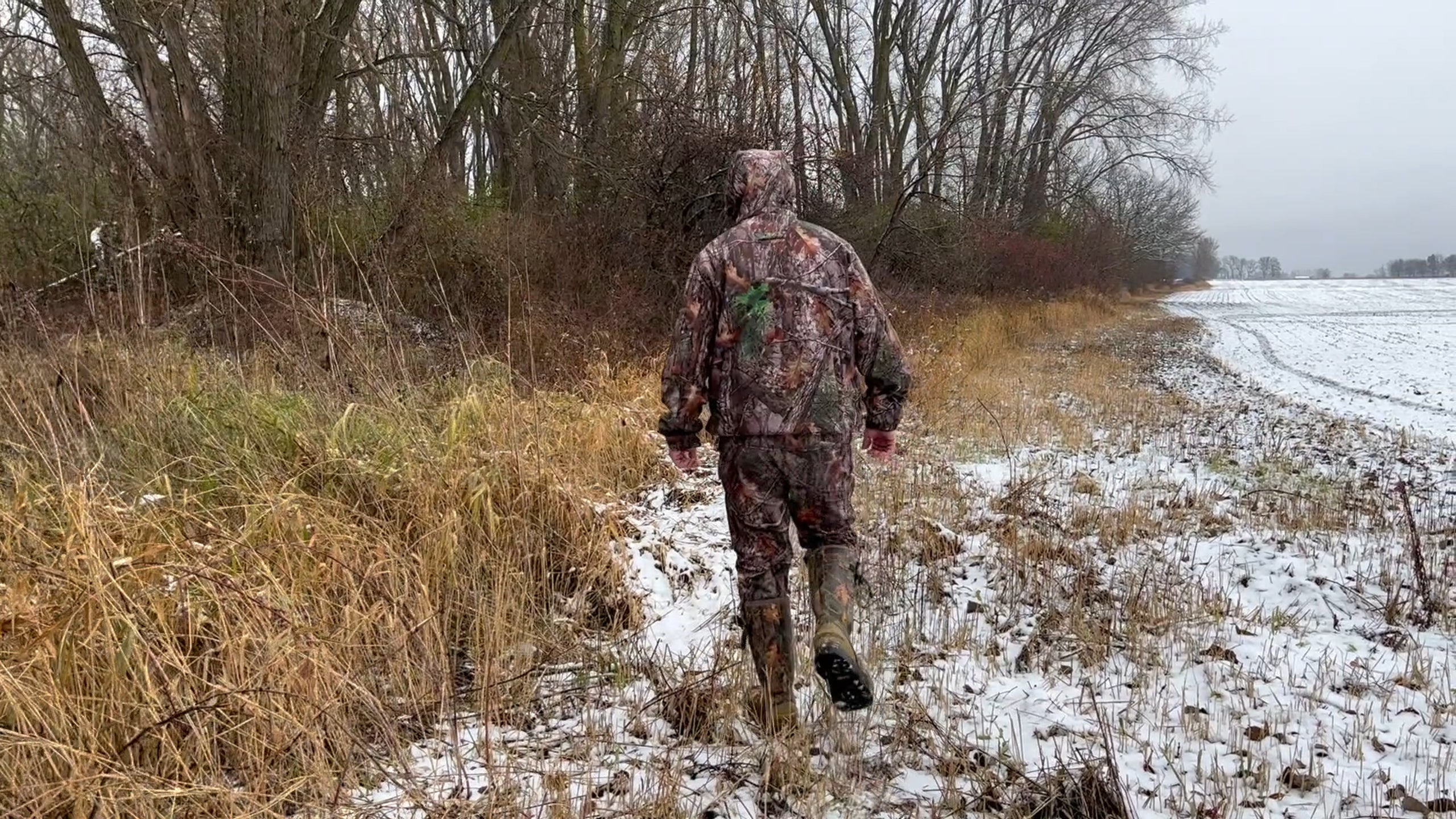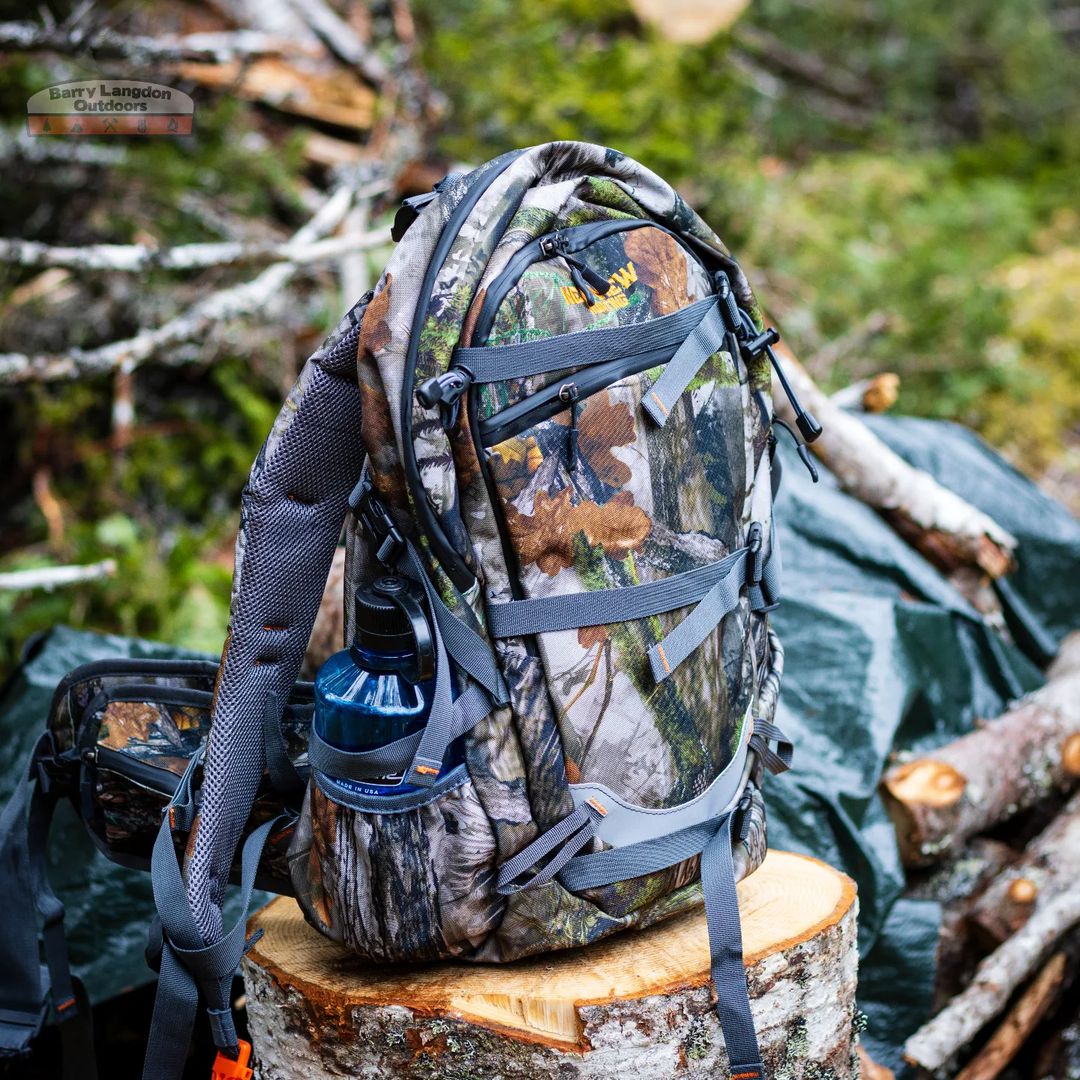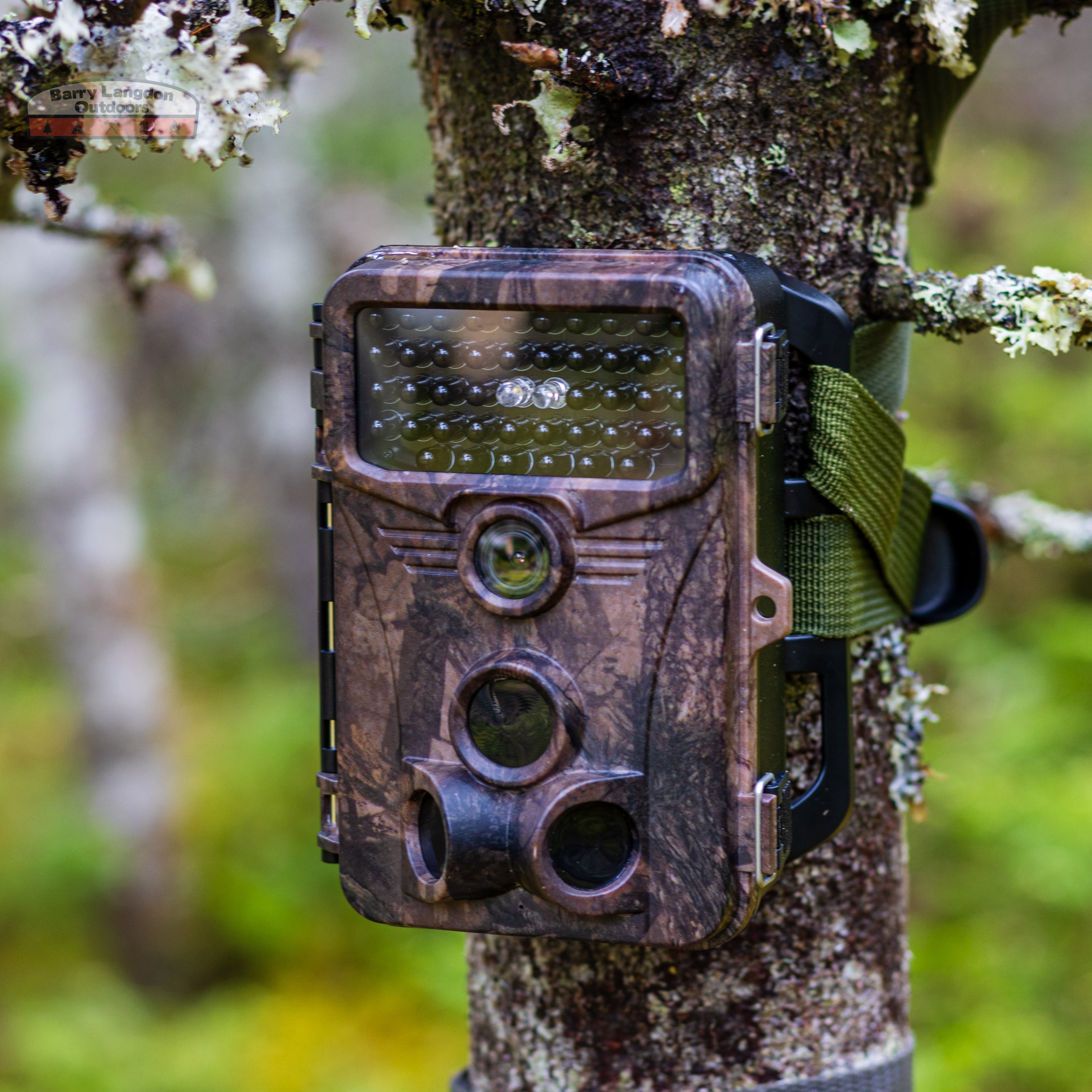In the hunting community, discussions about long-range shooting have never ceased. Whether one supports long-range shooting depends on personal perspectives and values. On social media platforms, the prevalence of long-range shooting is increasing, primarily driven by enthusiasts seeking spectacular footage. However, this trend has sparked some controversy, including concerns about safety and ethics. In some regions, the "first blood" principle is recognized, but disputes over game ownership on public lands can become complicated. We have received various responses from hunters regarding long-range shooting. Let's explore their viewpoints! Your participation in the discussion is also welcomed.
Here are the three questions we asked:
Are you in favor of long-range shooting? How far would you personally attempt rifle shooting at most? Why?
What's your stance on the increasing prevalence of long-range shooting driven by social media enthusiasts seeking spectacular footage?
In your region, is the "first blood" principle recognized? How would you handle disputes over game ownership on public lands?
The Long-Range Shooting Discussion: Hunter Perspectives
-------------------------------------------------------------------------------------------------------------
Wow, New View Hunting, this is definitely a hot topic for all the above reasons. I will give you my personal opinion on this and having been in the military for over 27 years, I've done more than my share of shooting, both rifle and pistol. I have years of experience as a bowhunter as well. I was 5-time Nova Scotia archery champion and also the Canadian Champion in 3D archery. I've been an international bowhunter instructor for 24 years and as such been called out to track many wounded big game animals. I've been guiding hunters for 43 years, a registered guide for 35 of those years. I will tell you that my first moose I shot was over 500 meters and that was with a .303 rifle and scope. I never had a range finder or a wind-meter. I simply guessed the elevation and windage. Missed the first shot and aimed an additional 2 feet higher the second shot and dropped the moose. (I was foolish and lucky and so was the moose in that it didn't suffer due to my poor judgement in taking such a long shot without the long-range equipment and rifle). It's been years since I shot an animal over 100 yards/meters away and most of my animals I harvest are under 50 meters. The first moose I ever shot was such a learning experience for me, in the sense that I would never take that long of a shot again.
Now when you enter ethics into the equation, it truly comes down to your moral principles, personal beliefs, mindset, training, and knowledge. However, the longer the shot the more that can go wrong. A micromovement on one end is greatly magnified on the other end with the longer the shot that is being taking. Plus, you have so many other factors to consider, and they are truly the unknowns. Like windshear, updrafts, and downdrafts. Not to add in the animal's movement itself. I don't encourage long range shooting at animals for those very reasons.
On the opposite side of the coin, you have hunters who sight in their rifles for 200 yards and will take shots at 250 yards or more without practice or confirming year to year that their rifle is still zeroed in. And you have hunters shooting 500 -1000 meters but constantly training and practicing. Using equipment designed for long range shooting. Who is more ethical, the close-range shooter or the routinely trained long-range shooter?
I never consider hunting a sport, but rather a means to supply fresh healthy protein for my family. At what point does hunting switch from hunting to shooting. One requires much more skill to call the animals in close than to spot them over half a km away and simply snipe them. I'm a hunter not a shooter.
So let me try and answer your questions as directly as possible. Firstly, are you in favor of long-range shooting? (No) How far would you personally attempt rifle shooting at most? (200 meters) Why? (Because I have practiced for years shooting with 100% accuracy at that range and closer). Secondly, what's your stance on the increasing prevalence of long-range shooting driven by social media enthusiasts seeking spectacular footage? (I'm not a fan of it, even having done it myself, I consider myself lucky, foolish, and extremely in-experienced when I shot my first moose, just because I could, don't mean I should). Thirdly, in your region, is the "first blood" principle recognized? (If both parties involved are ethical then blood vital blood comes into play.) How would you handle disputes over game ownership on public lands? (That would determine on first blood shot placement, if it was 100% non-vital that would be argued on the scene). Problems would occur when true ethics is void or absent.
I hope this explains my thoughts on it. Feel free to call me if you like.
Bottomline, Just because you can make the shot if you know for certain all the parameters, doesn't mean you should take the shot....
I believe we own the animals we hunt, at least that much respect...
--Charlie White
Visit his YouTube channel:

-------------------------------------------------------------------------------------------------------------
New View Hunting, thanks so much for your questions.
I live in lower Michigan and the majority of my hunting is with a bow. However I do hunt with a rifle as well. The majority of my hunting is in thick woods and rarely do I even have a shot that would exceed 100 yards. I do know that in other states and wide open areas, there are opportunities for much longer shots. No matter the weapon, or the game animal, it is our responsibility to be accurate and efficient with our tools. We, as hunters, have an obligation to treat God's creation with respect and dignity. That being said, while I cannot give an exact distance that is ethical to shoot at an animal, I can say that each hunter should be aware of how far his effective and accurate shot distance is, and how far his game is. It is the hunter's responsibility to be accurate and ethical in his shot placement. Even with all the practice and confidence in the world, things do not always go as planned, and we miss the mark sometimes. Our job is to learn from our mistakes and constantly improve. While I support hunting I do not support all the decisions that some hunters make.
For me personally, I would not shoot farther than 200 yards, because I have not practiced farther than that. However I know a lot of people that regularly practice at 400-600 yards. IF they are confident in their weapon and skills, then I do not personally have a problem with them taking a longer distance shot. I also do not feel like this gives them an unfair advantage. However, I do feel that using night vision, thermal imaging, and spotlighting DOES give an unfair advantage and should only be used for predator, pest, and nuisance animals.
As far as Game ownership goes. I have never run into a dispute over this, so I do not have a good answer. However my opinion would be that the last person to shoot it lays claim to the animal, because the first shot had not been proven to be lethal to this point. I know that a dispute could arise from this, if it happens on public land, and I think that each instance could play out differently. I think that the hunters would need to talk with each other respectfully to determine if the first shot could/would have been lethal. If they could not settle the dispute, then the proper game authorities could intervene.
Again, thanks for the great questions, and I look forward to seeing how other people answer these questions too.
--Jeremy- J.R.Ooutdoors
Visit his YouTube channel:

-------------------------------------------------------------------------------------------------------------
Well, to answer for first question about “are you in favor of long-range shooting”, that is a difficult one to answer for me. Shooting is both a sport and used for hunting. I have no problem with being at a range capable of long-range shooting, and I wouldn’t mind participating in the sport of long-range shooting. It helps to hone your skills as a shooter. If you get used to your rifle that you hunt with and use it to practice long-range shooting, then when hunting with limited shorter range, your shots could be more accurate due to practicing long-range shooting. You see I said could be, because long-range shooting you are generally at a range with no obstacles in your way. You have a target out at 1,000 yards or more and nothing between you and it. When hunting, you have all sorts of obstacles in your path.
Your next questions, “how far would you personally attempt rifle shooting at most and why”, well at the shooting range Jerod and I have shot at 100 yards, sometimes 200 yards. But we are hunters and not long-range shooters. Not to say that there aren’t long-range shooters who are hunters. Out in the mid-west a lot of hunting for elk, whitetail deer, blacktail deer, and antelope require long-range shots. When hunting, typically whitetail deer in our part of the country, our maximum range is generally 100 to 150 yards. The reason for this is we are hunting in the mountains and in heavily forested terrain. Most of our shots though are generally within 50 to 80 yards. Also being hunters, we have a duty, a responsibility to know what is beyond our target. You must worry about other hunters that may be in the area that you do not know are there. If you are hunting out in the country, you also worry about domestic animals (dogs, cats, cows, etc.) people out tending yards or fields and homes. This is the one reason that in our state, and many others, there is a requirement that all hunters must wear 400 square inches of blaze orange. This makes the hunter visible to other hunters. That is why during rifle season we seldom wear camo, unless we have a blaze orange hunting vest.
The next question, “what’s our stance on the increasing prevalence of long-range shooting driven by social media enthusiasts seeking spectacular footage”, well it seems that social media is a two-edge sword. Social media has helped the shooting and hunting sport/hobbies, but it has also hurt and even driven wedges in some circles. I believe social media is great in getting the word out about issues and helping promote the sport/hobby. But then there is the other side of the sword. Some though seem to want the ego/glory of having a video go viral, and those people that take risks and are the ones that worry me the most. I guess because I have seen dangerous situations shown on social media, and honestly, I believe those are the videos that people try to reproduce and end up having accidents. In today’s time it is all about getting the likes and hits, something that we have never really strived for in our social media footprint.
This last one is “in your region, is the “first blood” principle recognized, and how would you handle disputes over game ownership on public lands” is hard to address since it really depends on the situation and the region. I know in my 40 plus years of deer hunting it has always been whoever drops the animal is the one who claims it. But again, it depends on the situation at hand and really depends on the hunt, whether it is a bow hunting scenario or a rifle hunt. With bow hunting, a poorly made shot could wound the deer, but not be fatal at that moment. That deer could travel many 100’s of yards to even miles away from the initial impact. If the person who made the shot is not good at tracking, then they may give up looking for it. Even if they are good at tracking the animal may not be leaving a blood trail to follow and they give up. So, if another hunter sees the wounded deer coming within range and shoots it and has a good shot and drops the animal, then it is his. This is why for archery hunting, we practice and practice, but that doesn’t always mean we will have a clean ethical shot. So many variables can happen when bow hunting.
Now for rifle hunting, generally most of the time a person who has practiced with his rifle, knows his rifle and how it shoots, would never have this issue. The animal is going to drop immediately or with in 10 or 50 yards, sometimes more, and that is if you are shooting within a reasonable range. Now those who like to take those 100, 200, 300 or more yards shot, well then there is the chance of a bad shot and that animal getting away. At those times you have a lot of different factors, are they hunting in the mountains or flat land. In the mountains, it could be easy for a deer to get away from the hunter’s view after being shot and not be found. There are so many hollows and ridges and of course thickets and timber to help conceal that deer. Again, though in this situation it has been expressed to me many times, that the deer belongs to whoever puts it down.
I have heard the saying whoever drew first blood is who gets the deer. But with my years of hunting, I believe more hunters go with whoever puts it down is the owner of the game.
Of course, when it comes to a trophy deer, I could see arguments on who’s deer it is. The person who has been hunting this deer got the first shot, drew blood, but couldn’t find the deer immediately. Was it a mortal wound or one where it may take days for it to die. He hears a gun shot, (we are talking rifle hunting, not bow hunting here) and heads the direction of the shot. He finds another hunter working a deer and he discovers it is the trophy he shot at. This could end up being a nasty situation. You never know what people will be like.
This is why we tend to hunt areas that most people do not hunt, or we hunt times when some people will not go out. We have been asked many times why we go 90 miles away to rifle hunt when we belong to a lease 15 minutes away that we can hunt on. The are we hunt that is 90 miles away most people don’t hunt there anymore, and one of those reasons is because our deer population has grown enough that you don’t have to travel far to hunt deer. If we were to stay home and hunt on the lease we are on, we would have approximately 100 other club members hunting the same areas we are hunting.
I know on this topic I have done a run around trying to give you a good answer, but this is a situation that doesn’t happen often in our region. I know it has happened most likely, but I have never had it happen to me. I know one year, rifle hunting with my brother-in-law, he shot a young buck with one shot and dropped it. When I got to him, we were looking at the deer and found two bullet holes. The one was on the front shoulder, the one he had taken. The second shot was in the belly area (known as gut shot), which was a bad shot by someone and that deer if not taken down would have suffered. After my brother-in-law started working the deer, a young man and to other men came up the hill and started talking to us. Apparently, the young man made the shot and the deer got away. They hard started tracking and then lost the trail. They heard the shot that my brother-in-law took and came to investigate. After discussing the situation with them they agreed that the deer belonged to my brother-in-law since he dropped it. So, in this situation it worked out okay, no arguments no threats or anything, just civil discussion and a rationale outcome.
I hope this helps.
Juddie Burgess
J & J True Outdoor Adventures
Visit his YouTube channel:
J & J True Outdoor Adventures - YouTube


